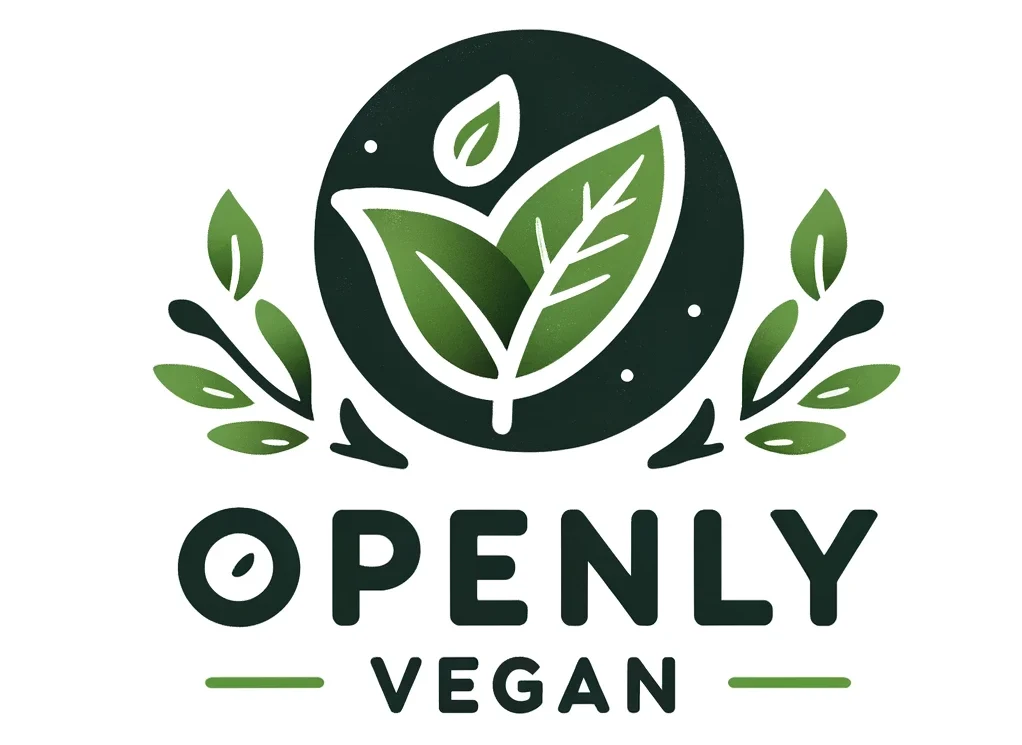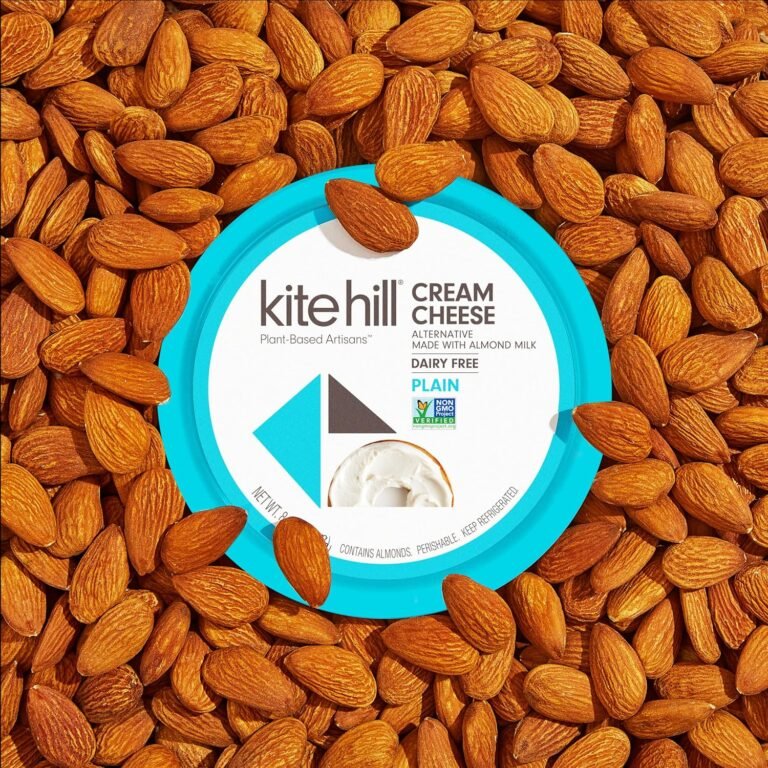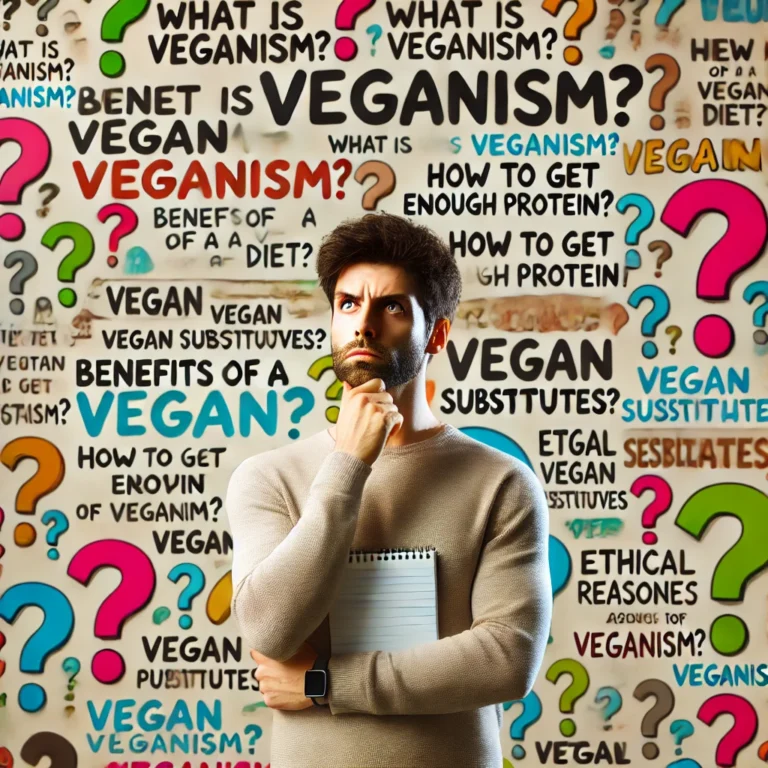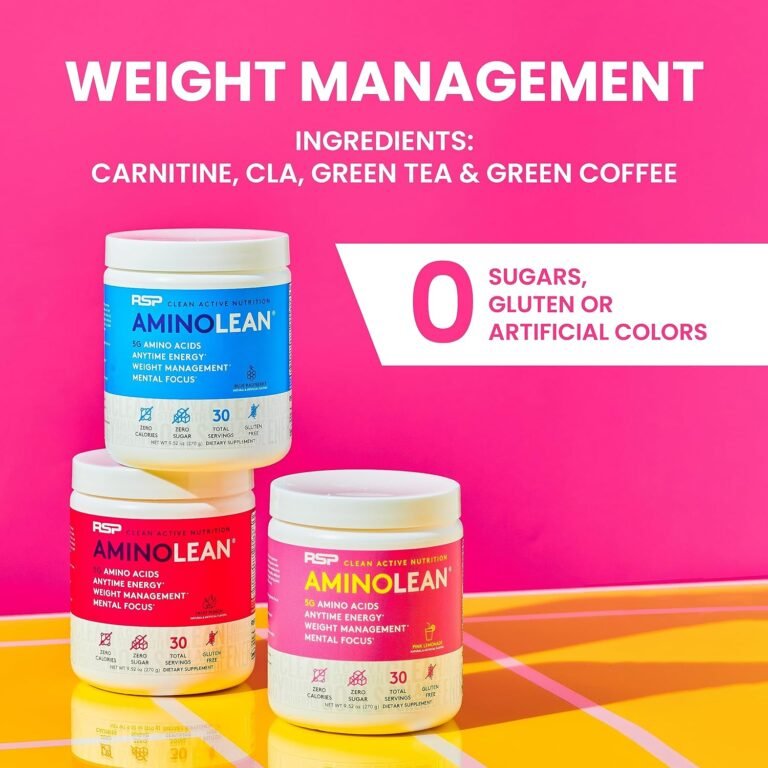Is a Vegan Diet Good or Bad for Eczema?
Eczema, or atopic dermatitis, is a common chronic inflammatory skin condition characterized by dry, itchy, and inflamed skin. Many people seek dietary changes to manage their symptoms, and one increasingly popular option is a vegan diet. But is a vegan diet good or bad for eczema? Let’s explore the potential benefits and risks of a vegan diet for those dealing with this condition.
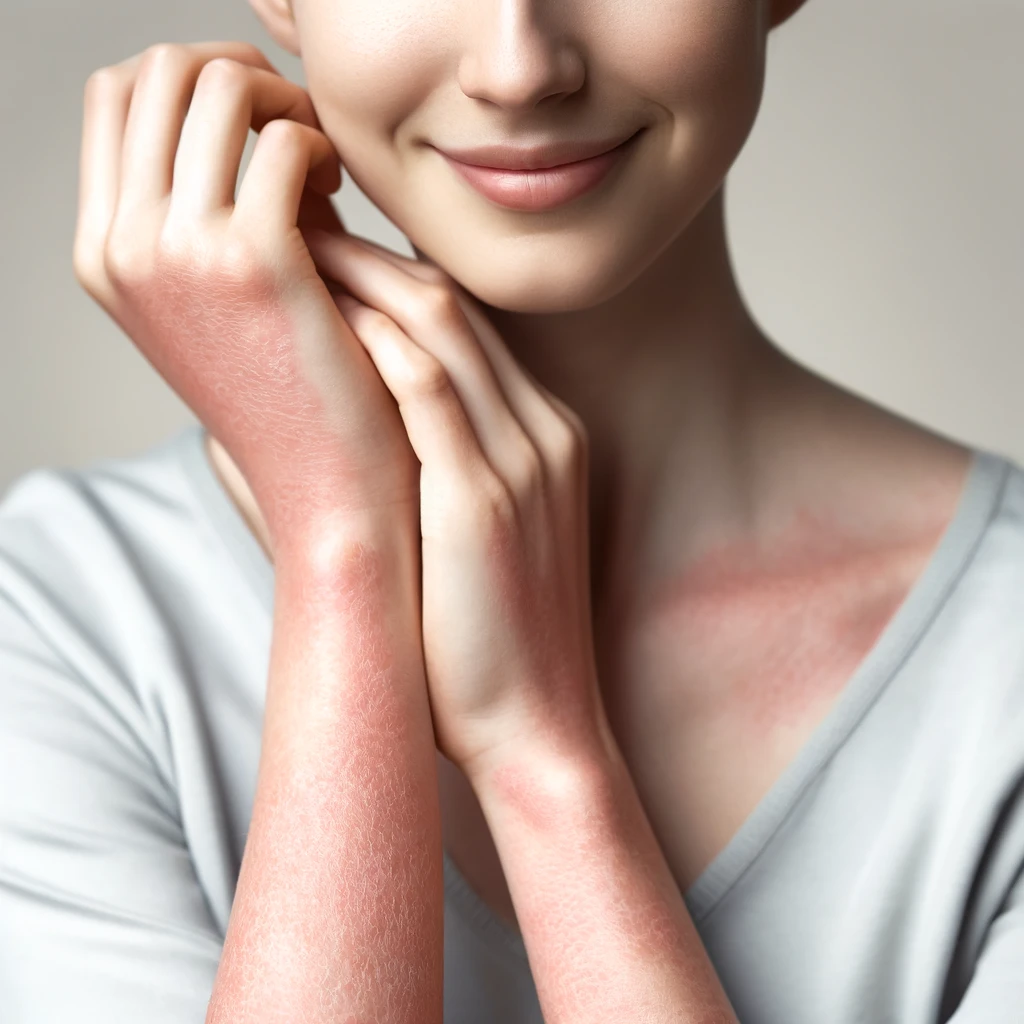
Nutritional Considerations – Vegan Diet & Eczema
A vegan diet excludes all animal-derived products, including meat, poultry, seafood, eggs, dairy, gelatin, and honey. Instead, it focuses on plant-based foods such as nuts, grains, seeds, legumes, fruits, and vegetables. This dietary choice can offer numerous health benefits, but it also requires careful planning to avoid nutritional deficiencies that could impact skin health.
Riboflavin (Vitamin B2)
Riboflavin is crucial for skin health, and while some studies have shown lower intakes of riboflavin in a vegan diet, clinical deficiency is rare. Vegan sources of riboflavin include asparagus, bananas, beans, broccoli, kale, lentils, peas, seeds, sweet potatoes, tofu, and tempeh. Ensuring adequate intake of these foods can help maintain healthy skin.
Vitamin A
Vitamin A plays a significant role in the differentiation of epithelial tissues and immune modulation. While deficiency in vitamin A is relatively rare, it can lead to abnormal epithelial keratinization and various skin issues. Plant-based sources of vitamin A include leafy green vegetables, orange and yellow vegetables, tomatoes, red bell pepper, cantaloupe, and mango. Consuming a variety of these foods can help prevent deficiencies.
Inflammatory Skin Diseases and Vegan Diet
Several studies have suggested that diet plays a crucial role in managing inflammatory skin diseases, including eczema. Here’s how a vegan diet might impact eczema:
Anti-Inflammatory and Antioxidant Effects
A diet rich in fruits and vegetables, which are high in flavonoids, has significant antioxidant and anti-inflammatory effects. These properties can be beneficial for individuals with eczema, potentially reducing the severity of symptoms. Increasing the intake of fruits and vegetables while avoiding fast food and meat, which are associated with higher eczema prevalence, can contribute to better skin health.
You may also find this interesting: 10 Reasons to Be Vegan
Gut Health and the Gut-Skin Axis
The gut microbiome plays a significant role in immune responses and skin health. A plant-based diet can promote a diverse and healthy gut microbiome, which in turn supports overall skin health. By reducing the intake of fast foods and meat, which are known to negatively impact gut health, a vegan diet can help maintain a healthy balance of gut bacteria, potentially alleviating eczema symptoms.
Risks of a Vegan Diet for Eczema
While a well-planned vegan diet can provide many benefits, there are potential risks if the diet is not properly managed. Nutritional deficiencies, particularly in vitamin B12, iron, zinc, and omega-3 fatty acids, can occur if a vegan diet is not well-balanced. These deficiencies can negatively impact skin health and overall well-being.
Importance of Supplementation
To avoid nutritional deficiencies, individuals on a vegan diet should consider supplementation where necessary. For instance, vitamin B12 is only present in animal products, so a vegan diet lacks this nutrient entirely. Supplementation or consuming fortified foods is essential to meet the recommended daily intake.
Conclusion (Vegan Diet Eczema)
In conclusion, a vegan diet can be both good and bad for eczema, depending on how it is managed. The anti-inflammatory and antioxidant properties of a well-balanced vegan diet rich in fruits and vegetables can benefit individuals with eczema. However, attention must be given to potential nutritional deficiencies, and appropriate supplementation should be considered. By carefully planning meals and ensuring adequate nutrient intake, a vegan diet can support skin health and potentially alleviate eczema symptoms. Further reading on the research can be found here.
As always, it’s important to consult with a healthcare provider or a registered dietitian before making significant dietary changes, especially for managing chronic conditions like eczema.
